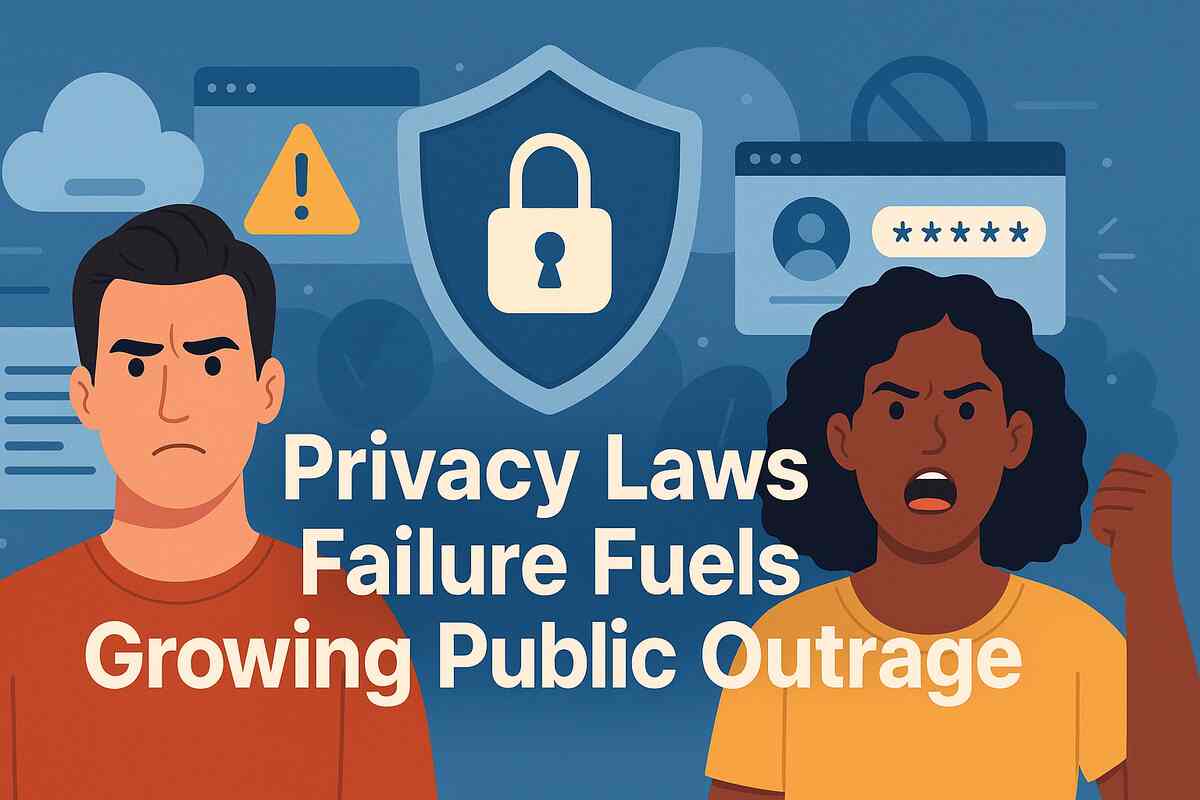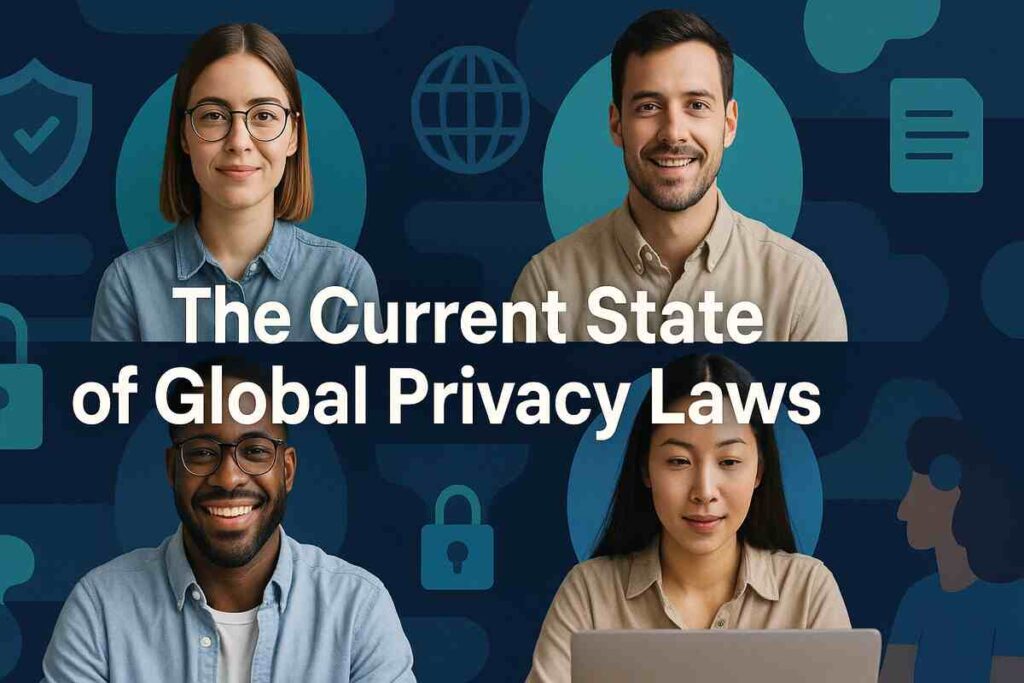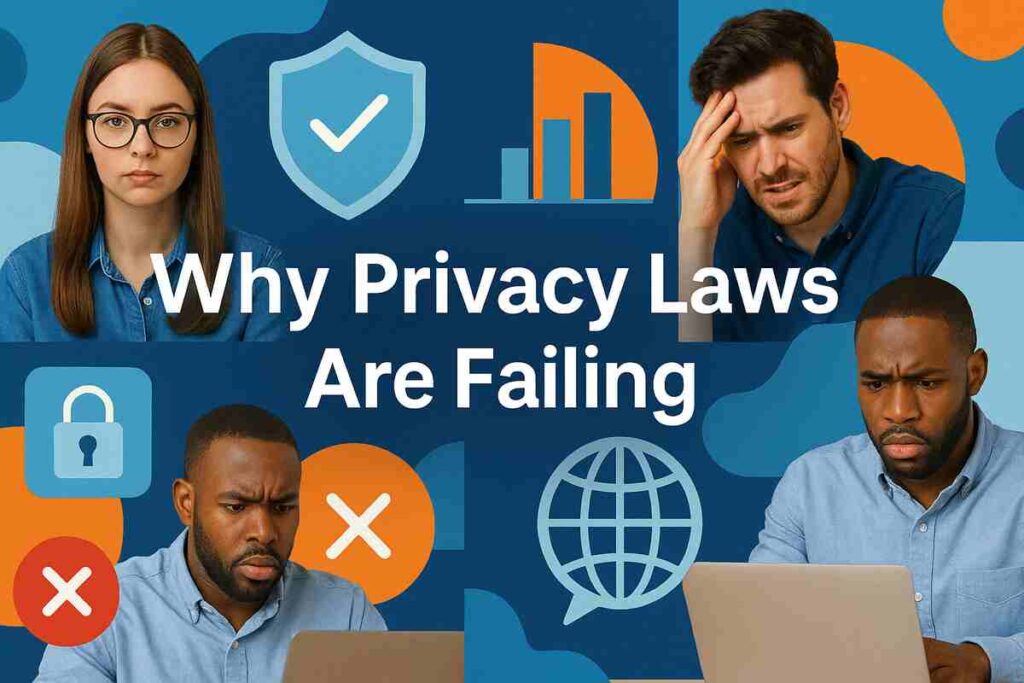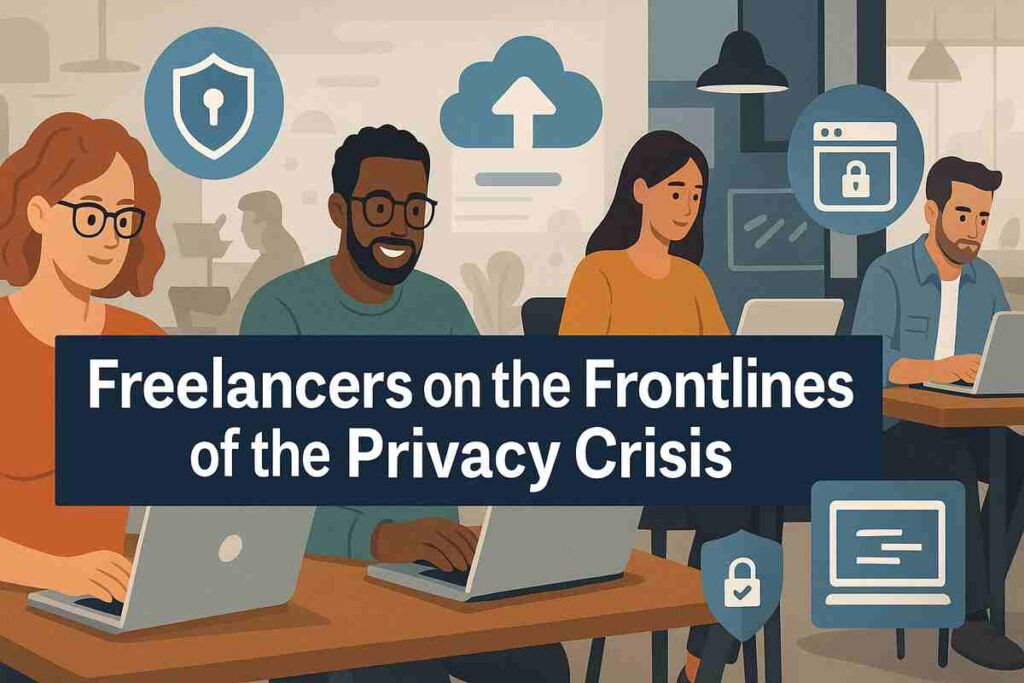Physical Address
304 North Cardinal St.
Dorchester Center, MA 02124
Physical Address
304 North Cardinal St.
Dorchester Center, MA 02124

The modern web is awash in user tracking, data scraping, and surveillance algorithms—and the world’s privacy laws are failing to keep up. For freelancers and digital nomads who rely on online tools to power their work, the consequences of these failures are deeply personal. Every click, email, and document upload becomes a potential liability when regulations offer weak protection and uneven enforcement.
Across continents, data breaches, algorithmic profiling, and covert government surveillance have incited a wave of public outrage. Individuals are waking up to the grim reality: even in a digital economy fueled by consent banners and cookie policies, personal privacy is more illusion than guarantee.
This article explores the reasons why privacy laws are faltering, what that means for location-independent workers, and how to proactively reclaim digital agency in an era of unchecked data exploitation.

Privacy laws vary wildly across jurisdictions—some offer strict protections, others barely scratch the surface.
Yet despite the existence of these laws, high-profile breaches continue to rise. According to Statista, over 1800 data breaches were reported in the U.S. alone in 2022, exposing hundreds of millions of records.

The digital privacy landscape is collapsing under the weight of rapid technological evolution, weak enforcement, and corporate influence.
Regulatory bodies are underfunded and overburdened. Small fines allow mega-corporations to treat penalties as operating costs.
Terms like “reasonable data protection” and “informed consent” are subjective and exploited through legal loopholes.
Technology outpaces legislation. Facial recognition, AI-based surveillance, and biometric tracking operate in gray areas.
No international standard exists. A freelancer in Bali using an American platform storing data on an Irish server falls into a legal black hole.
Data giants invest heavily in diluting privacy regulation, often succeeding in weakening consumer protections.
The result? Laws that appear strong on paper but fail to protect in practice.

Freelancers and nomads are especially vulnerable for several reasons:
For example, a freelance web developer sharing mockups via cloud links may unknowingly expose client data to third-party trackers embedded in file-sharing services.
Data from 87 million users harvested without consent to influence elections. Despite the scale, Facebook received a relatively light fine of $5 billion—barely 9% of annual revenue.
Collected billions of facial images from social media without consent. Used by police departments globally. Legal in some countries, banned in others.
Freelancers using VPNs to anonymize their traffic were criminalized under sweeping surveillance mandates.
These examples reveal a stark truth: the systems designed to protect us often function as tools of compliance and control.
While laws lag behind, personal action is still possible—and powerful.
| Tool | Function | Why It Matters |
|---|---|---|
| ProtonMail | Encrypted email | Prevents email surveillance |
| CryptPad | Collaborative editing | No data mining or tracking |
| Bitwarden | Password manager | Keeps credentials secure |
| Mullvad VPN | Internet privacy | No logs, anonymous payments |
| Signal | Messaging | End-to-end encrypted with no metadata retention |
Legal experts argue for a more resilient and global approach:
Until then, users must act as their own data guardians.
The failure of global privacy laws to meaningfully curb data exploitation has ignited justified public outrage—and freelancers are among those with the most to lose. Operating without legal or corporate safety nets, they must navigate a treacherous digital world with tools designed to monetize attention and extract value from every click.
But this story is still being written. With awareness, digital hygiene, and community action, freelancers can assert control over their digital identities and push for reforms that treat privacy not as a privilege, but as a human right.
Privacy laws may be failing us—but the battle for data dignity has only just begun.